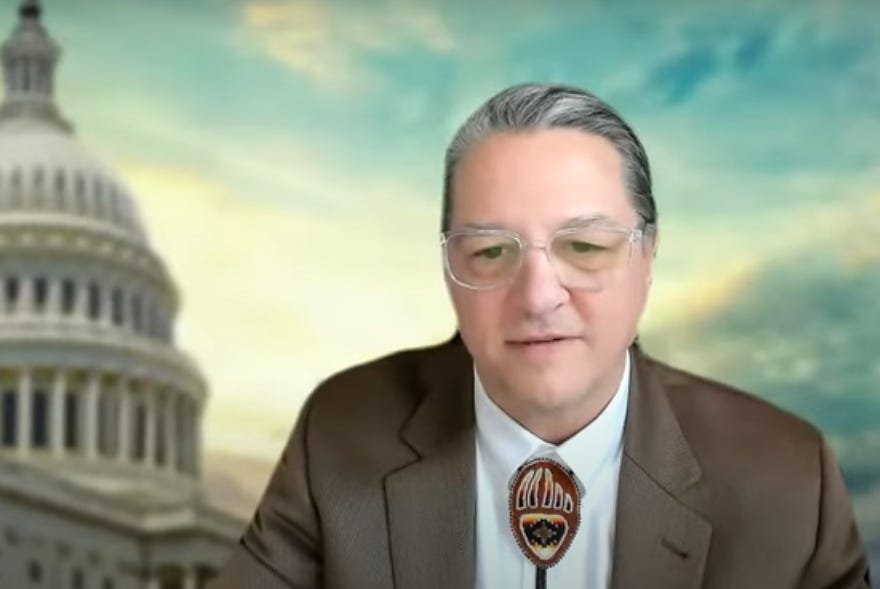Former NCAI CEO files $5 million human rights & labor law claims against top Native advocacy org
National Congress of American Indians says Dante Desiderio's arguments -- based in part on sexual harassment investigations -- should be dismissed or arbitrated.

WASHINGTON — In new filings with the D.C. Superior Court, Civil Division, the recently terminated CEO of the National Congress of Americans (NCAI) Dante Desiderio makes allegations against the organization’s…
Keep reading with a 7-day free trial
Subscribe to Indigenous Wire to keep reading this post and get 7 days of free access to the full post archives.

